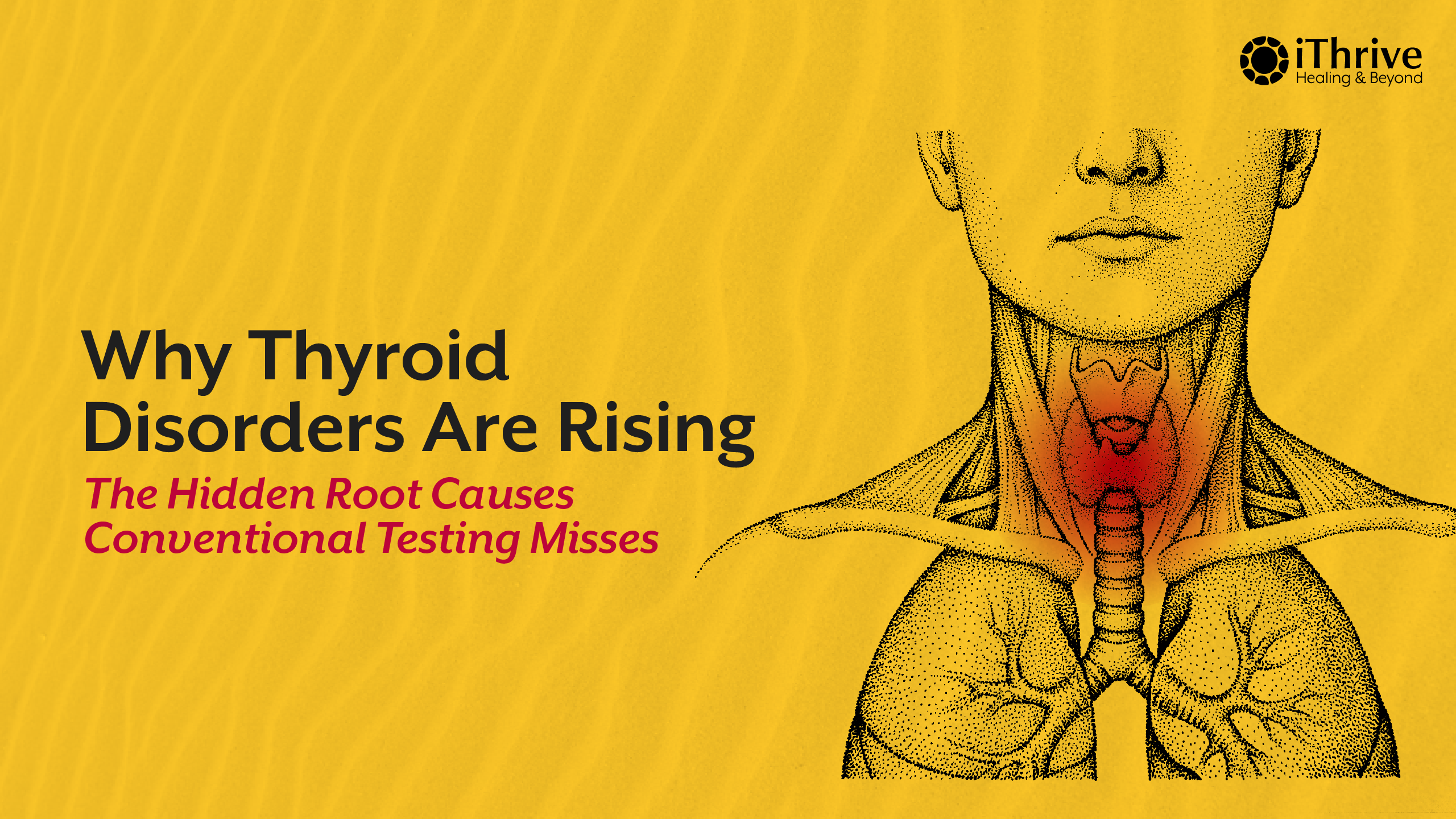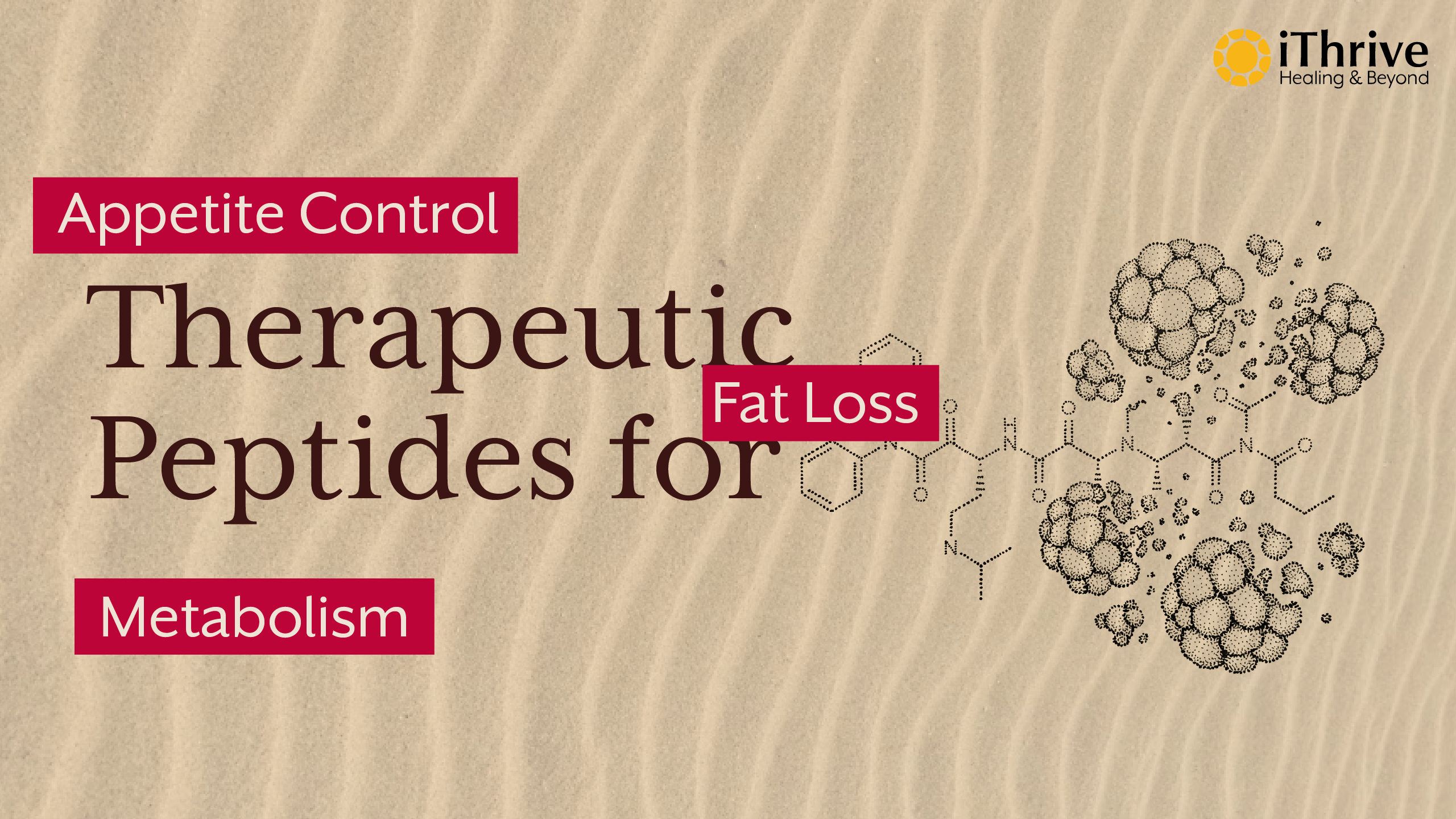In the realm of functional foods, there is one ingredient that has stood the test of time and culture, revered for its potent health-enhancement properties, culinary charm, robust health-improvement abilities, and enticing flavour – garlic.
Bulbous, Nutritious, Delicious
Garlic (Allium sativum L.), like other plants, has an exquisite defence system composed of as many different components as the human immune system. In order to protect itself from insects and fungi, garlic produces allicin through an enzymatic reaction when it is injured. Allicin, as this blog will soon show you, is one of the most bioactive and healthful components of garlic.
Garlic has been valued as a functional food by ancient civilizations as well as current research. So, here we discover the many advantages that make garlic an important addition to our diet. A common ingredient in kitchens across the world, garlic adds more than just flavour to food. This little bulb has a long history of use, both for its distinctive flavour and for its many health advantages. In this article, we will delve into the fascinating world of garlic and consider how it might affect people’s health.
Since ancient times, people have utilised this pungent herb for its distinct flavour and scent in cooking as well as for its potential health advantages. In recent years, scientific study has focused more on the functional qualities of garlic indicating a wide range of possible health benefits. In this blog, we will learn the different ways in which this inexpensive kitchen staple can boost your health, like through its antibacterial properties, and other numerous benefits. This article delves into the numerous functional advantages that garlic brings to the table.
What makes garlic a great functional food?
Nutritional composition:
The extensive nutritional composition of garlic contributes to its efficacy as functional food. An average garlic bulb contains few calories but is high in minerals like selenium, manganese, and vitamin C and B6. However, the most well-known part of its nutritional profile is the Allicin sulphur molecule that gives garlic its characteristic flavour and most of its health advantages.
Rich source of bioactive compounds
More than just a tasty ingredient, garlic is a bioactive chemical powerhouse. Garlic’s main bioactive component – Allicin – has been linked to a number of health benefits. Garlic is a fantastic natural ally for supporting our immune systems because allicin is known for its antibacterial, anti-inflammatory, and antioxidant properties.
Cardiovascular health booster:
Cardiovascular diseases include a great number of factors such as high cholesterol, hypertension, and increased platelet aggregation.
The beneficial effects of garlic on heart health are among its most well-known advantages. The report claims that eating garlic has been linked to lower blood pressure levels, too. Garlic is thought to contain sulphur compounds that help to open arteries, improving blood flow and reducing the risk of hypertension. “The role of garlic in the reduction of cardiovascular diseases was historically proven, but contradictory clinical studies emerged from different methodologies”, reports this article.
Anticancer potential:
This blog sheds light upon the possibility of using garlic to prevent cancer. Garlic contains allicin and other sulphur compounds that are thought to have anticancer effects. Preliminary research reveals that eating garlic may lower your risk of developing certain malignancies, such stomach and colorectal cancer.
Diabetes management:
Additional noteworthy perks of garlic are anti-diabetic ones which state that it helps with increasing insulin sensitivity and reducing blood sugar levels.(2)
Antioxidant Power:
Allicin is also a substance with strong antioxidant qualities. Antioxidants assist the body in eliminating dangerous free radicals, shielding cells from oxidative stress and lowering the risk of chronic diseases including cancer and age-related illnesses.
Anti-Inflammatory Effects:
Chronic inflammation is linked to a number of ailments, including xcertain malignancies and autoimmune disorders. According to this report, garlic contains chemicals like ethyl linoleate (ELA) that have anti-inflammatory properties and may help treat diseases associated with inflammation.
Support for the Immune System:
Garlic has immunity-boosting potential, too. It is thought that the presence of several bioactive chemicals in garlic like organosulfur compounds strengthens the body's defence mechanisms, assisting it in fending off infections and diseases. These compounds include:
- Diallyl thiosulfonate (allicin)
- Diallyl sulfide (DAS)
- Diallyl disulfide (DADS)
- Diallyl trisulfide (DATS)
- E/Z-ajoene
- S-allyl-cysteine (SAC)
- S-allyl-cysteine sulfoxide (alliin)
Benefits for Cognitive Health:
Garlic is the gift that keeps giving. It may surprise you to learn that garlic has advantages for mental health as well. According to the report, eating garlic may have neuroprotective properties that may lower the risk of developing neurological diseases like Alzheimer's.
Gut Health:
Garlic can help maintain a healthy gut microbiome, which has a variety of implications on general health including digestion, immunological response, and metabolism.
Incorporating Garlic into Your Diet
We see now that there is so much more to garlic than meets the eye. This delicious herb possesses so many health benefits for various aspects of health (including mental health!) and is relatively inexpensive, and tastes so good that you can’t resist adding it to your diet.
But to harness the potential benefits of garlic as a functional food, consider these tips:
Consume raw garlic: Cooked garlic tends to dull the potential of the tremendously useful Allicin contained within. Crushing or chopping raw garlic produces the health-promoting compound allicin. But beware of the potent flavour and smell.
Takeaway
From its usage as medicine to its current recognition as a functional food, garlic has proven its significance in the area of health and wellness throughout history. Its bioactive ingredients have the potential to improve heart health, prevent cancer, and support immune system function. Whether you choose to enjoy garlic as a savoury addition to your meals or look into its benefits as a supplement, its potential functional food features are something to relish. As with any product or dietary alteration, always consult a healthcare professional before making any significant dietary changes.
REFERENCES:
- Analytical method for appreciation of garlic therapeutic potential and for validation of a new formulation
- An overview on antidiabetic medicinal plants having insulin mimetic property - PMC
- Full article: Allicin and Other Functional Active Components in Garlic: Health Benefits and Bioavailability.
- Garlic: A Review of Its Medicinal Effects and Indicated Active Compounds
- Preliminary Note EFFECT OF GARLIC ON HUMAN PLATELET AGGREGATION IN VITRO
- https://www.ncbi.nlm.nih.gov/pmc/articles/PMC5295068/#:~:text=Allicin%20is%20mainly%20found%20in,of%20A%CE%B2%20in%20our%20study.
Subscribe to our newsletter and receive a selection of cool articles every week





.png)


.webp)

.jpg)
.jpg)










